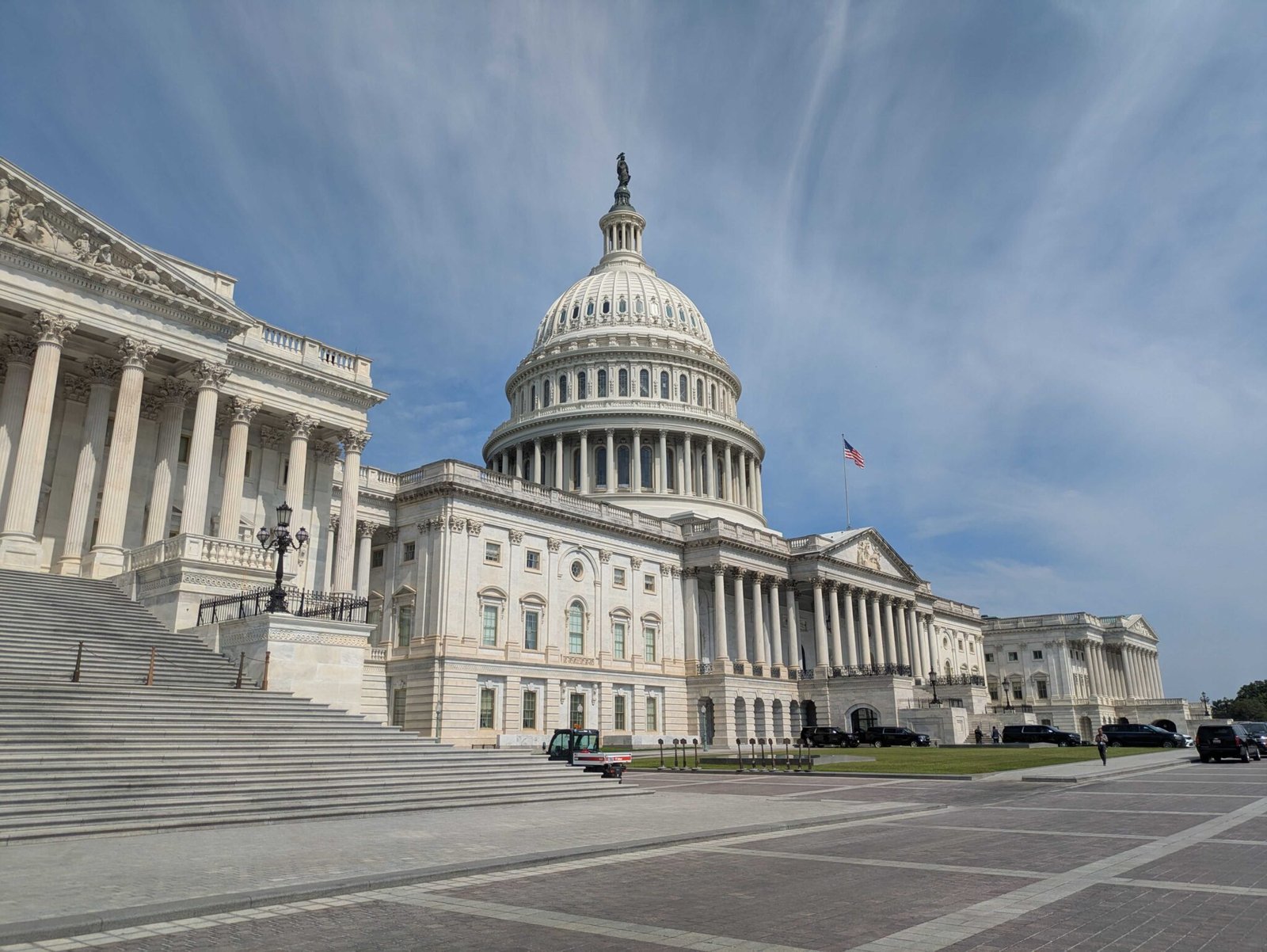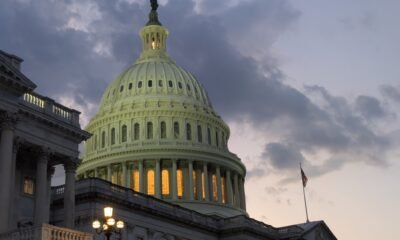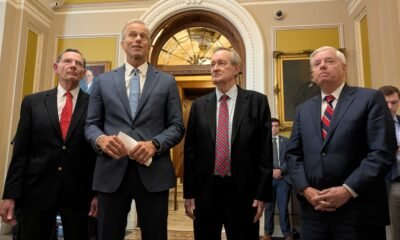amy klobuchar
Republicans Revamp US Senate Megabill in Final Hours

WASHINGTON — Senate Republicans finalized their controversial bill on Tuesday, making significant adjustments to address concerns surrounding safety net programs and clean energy tax incentives.
After extensive negotiations, legislators aimed to appease members worried about potential Medicaid cuts, which could affect low-income families and individuals with disabilities. Additionally, rural hospitals have raised alarms about the implications of these cuts, as well as tax changes that could negatively impact clean energy job growth, particularly in states that supported former President Donald Trump.
Discussions stretched over 24 hours, yet three Republican senators—Susan Collins of Maine, Thom Tillis of North Carolina, and Rand Paul of Kentucky—remained dissenters. Vice President JD Vance was ultimately called to cast the tie-breaking vote.
One of the key amendments involved doubling the funding for a rural health “transformation program.” The proposal now allocates $50 billion to support rural hospitals potentially affected by Medicaid reductions, with funds set to be distributed starting in 2026, a year earlier than previously scheduled.
Although Collins attempted to enhance the fund to $50 billion, her proposed amendment did not pass due to a technical budget issue. Despite her support for the increased funding, Collins voted against the final bill.
In another significant modification, lawmakers revised the timeline for states to begin sharing the fiscal responsibility for the Supplemental Nutrition Assistance Program (SNAP). Under the updated provisions, if a state’s payment error rate reaches certain thresholds in 2025, it could delay its financial contribution to 2029 instead of 2028. Nine states are currently on track to potentially exceed this error rate, including Alaska, Florida, and New York.
Alaska, which has reported the highest payment error rates in the nation, saw Senator Lisa Murkowski’s decision to support the bill remain uncertain until her affirmative vote was cast on Tuesday.
An attempt by Senator Amy Klobuchar of Minnesota to remove a related amendment failed to gain sufficient support, reflecting ongoing disagreements about payment error incentives.
In terms of clean energy policy, GOP senators unexpectedly included a clean energy excise tax but later removed it from the final legislation. However, the bill did introduce more flexibility regarding tech-neutral tax credits, extending the timeline for new renewable energy projects to commence implementation, thereby avoiding cuts to two critical credits.


















